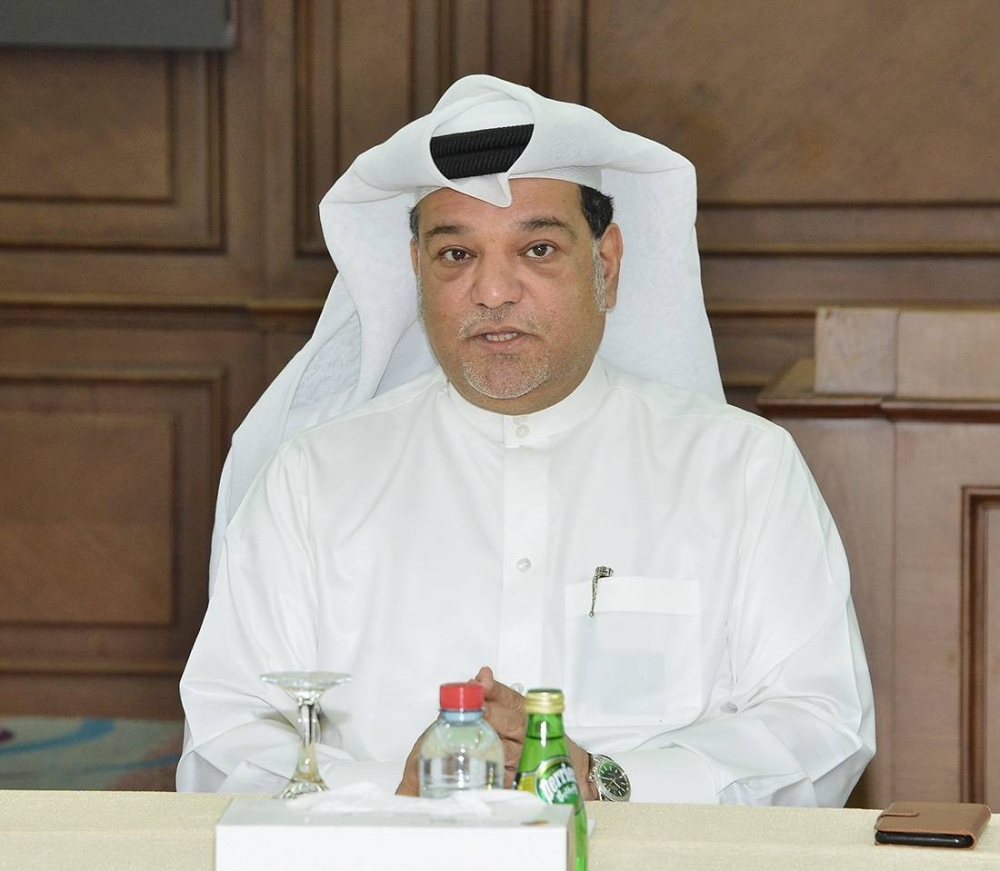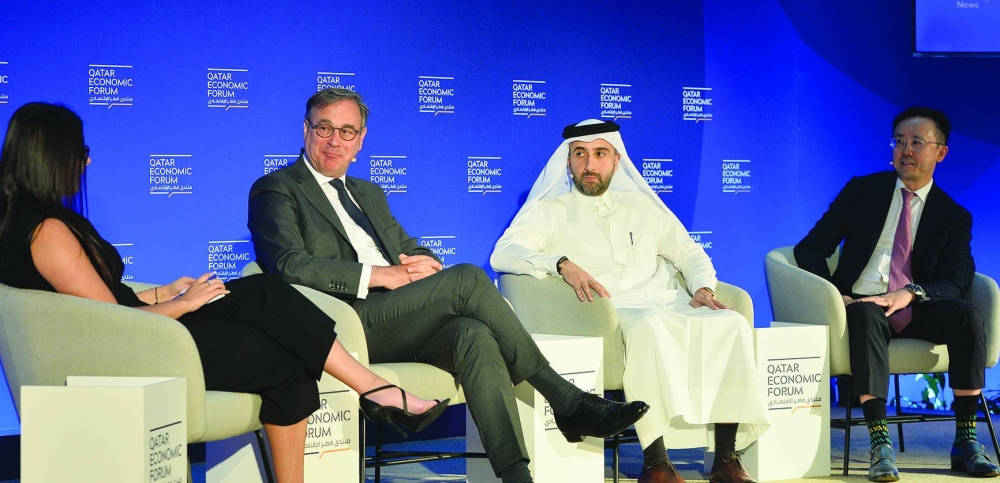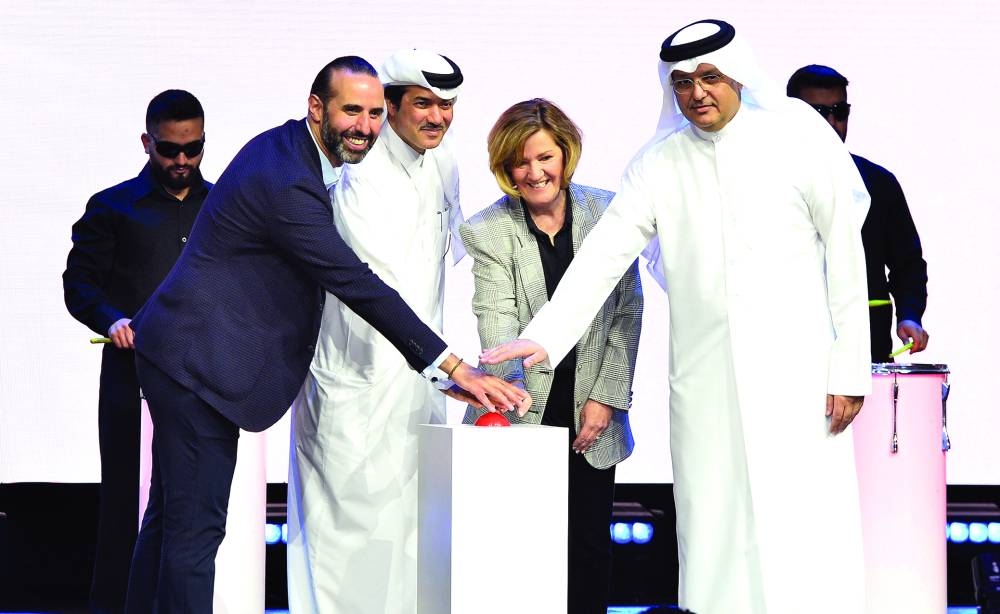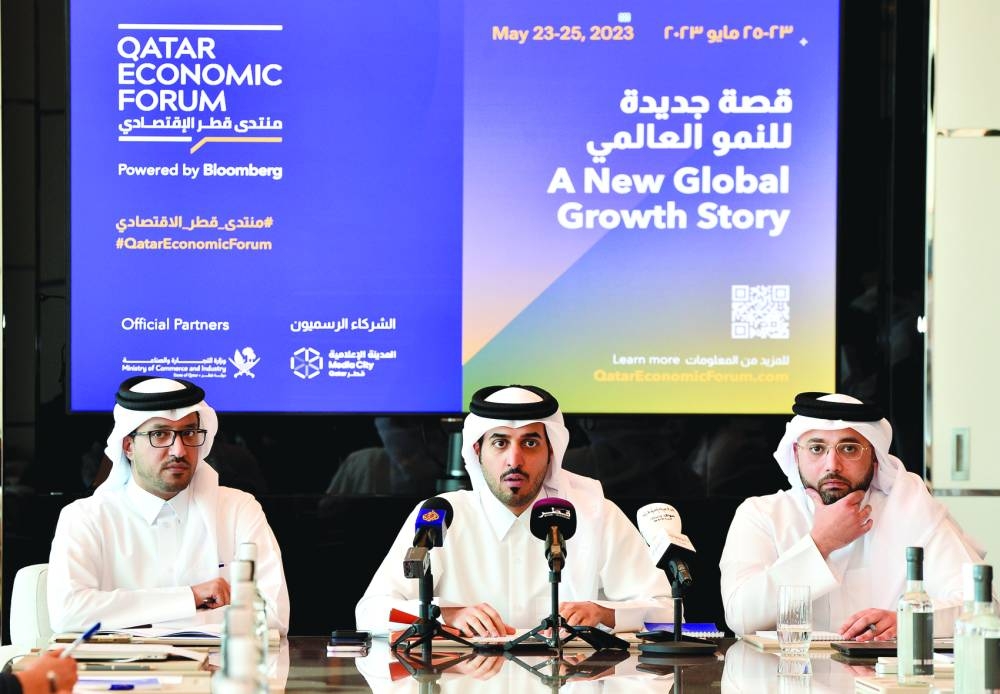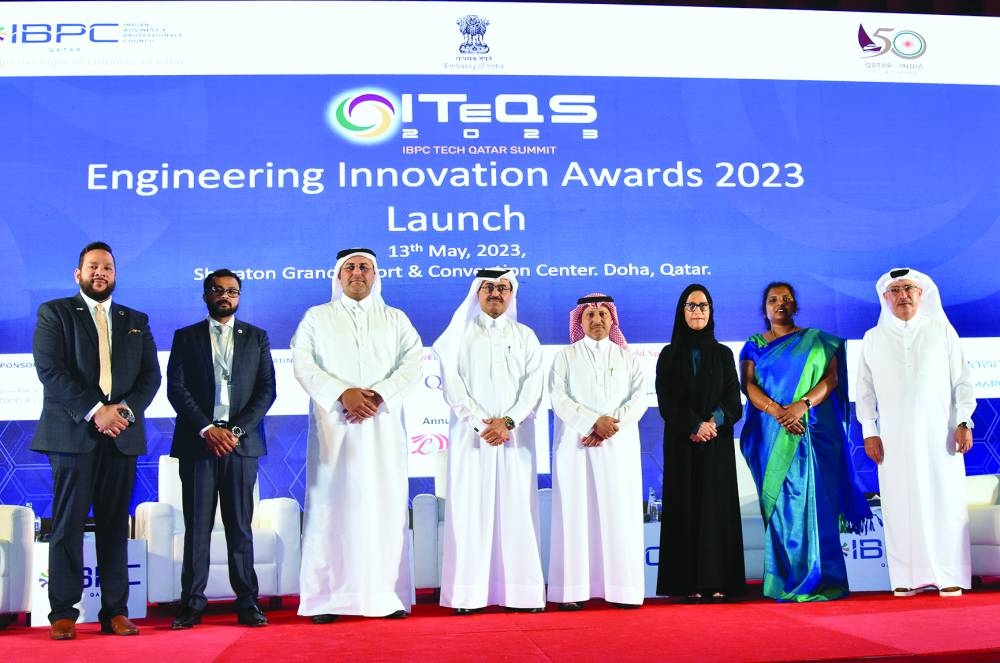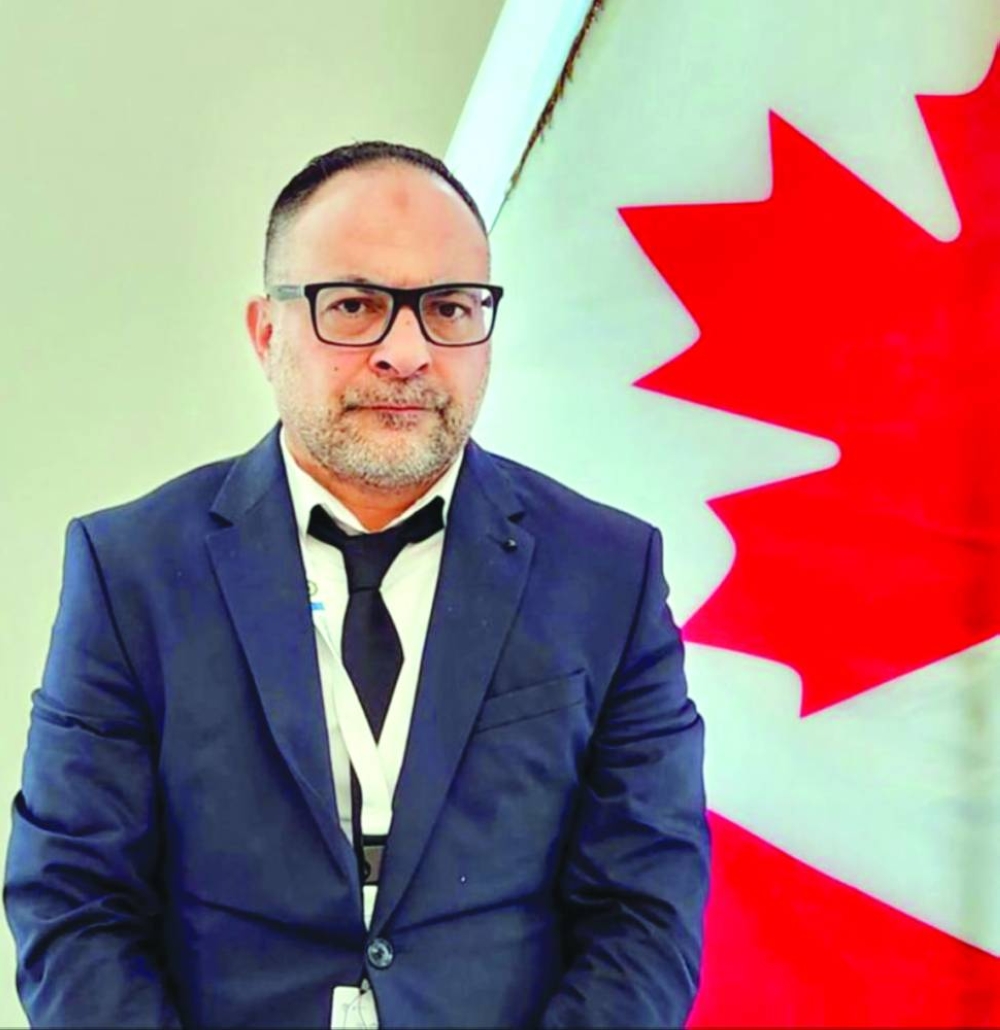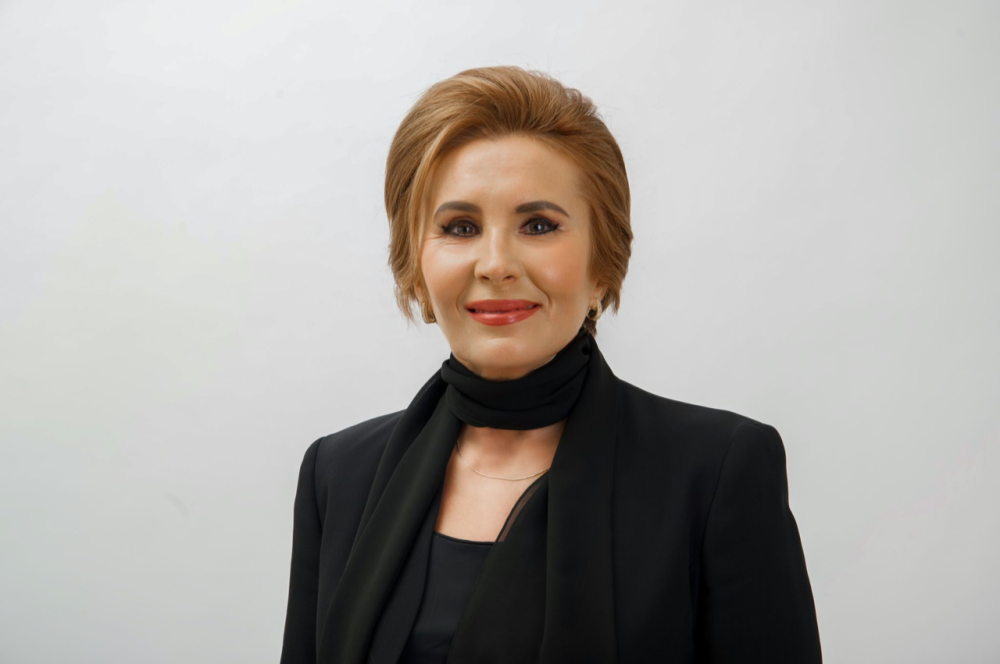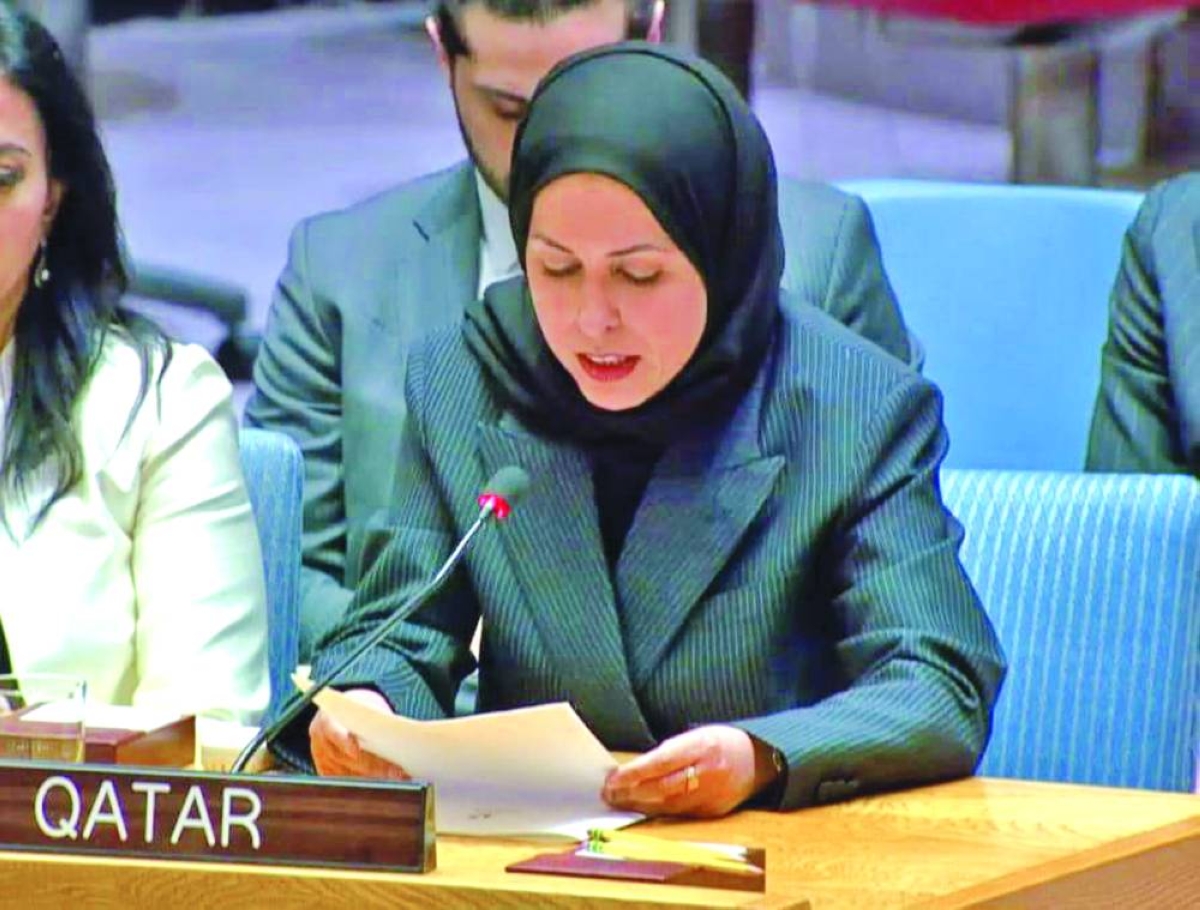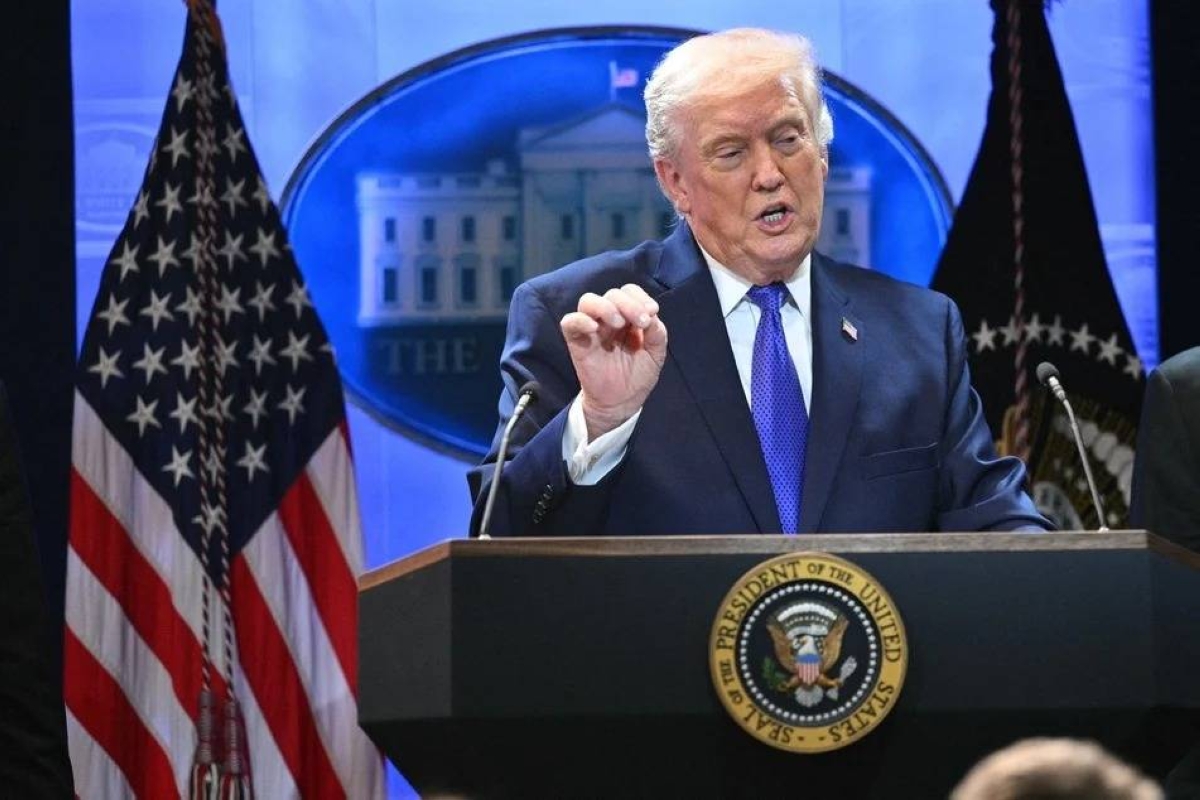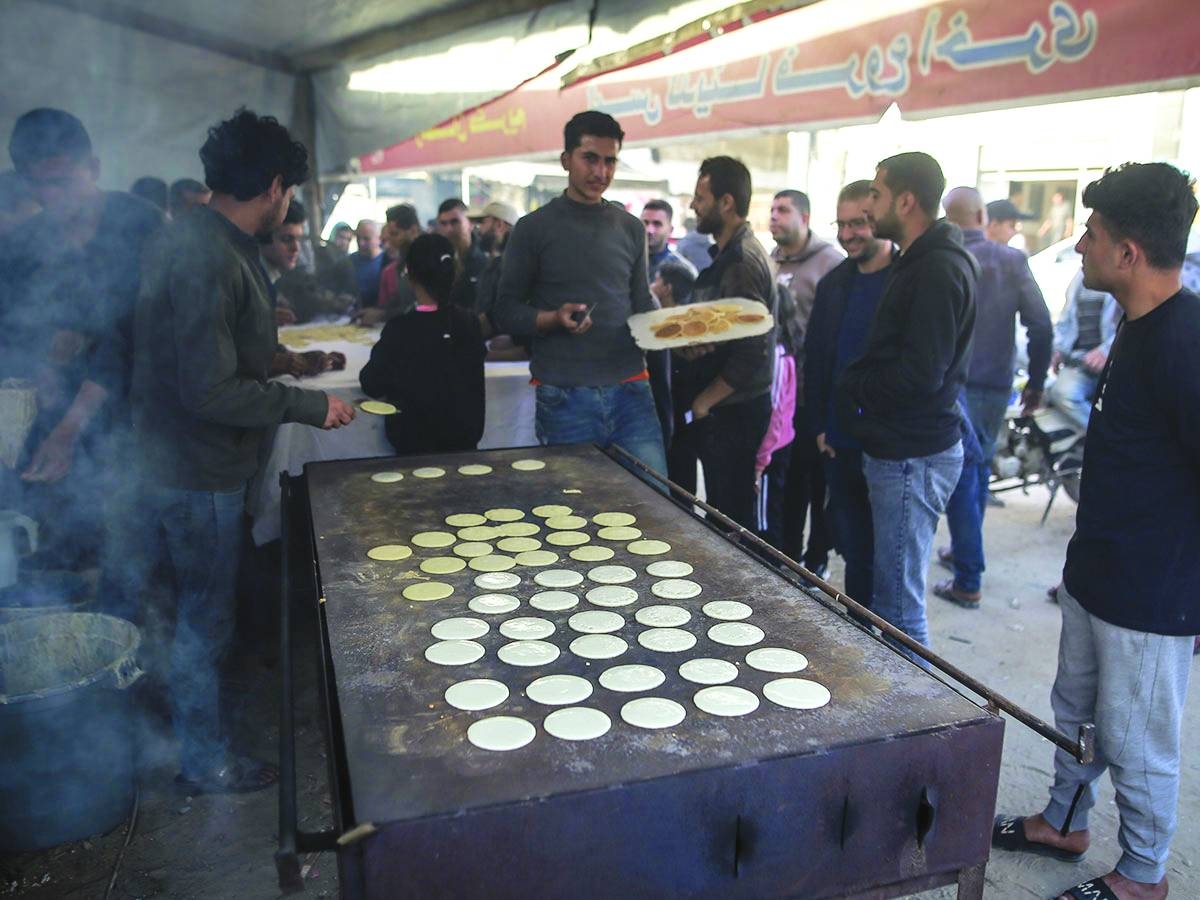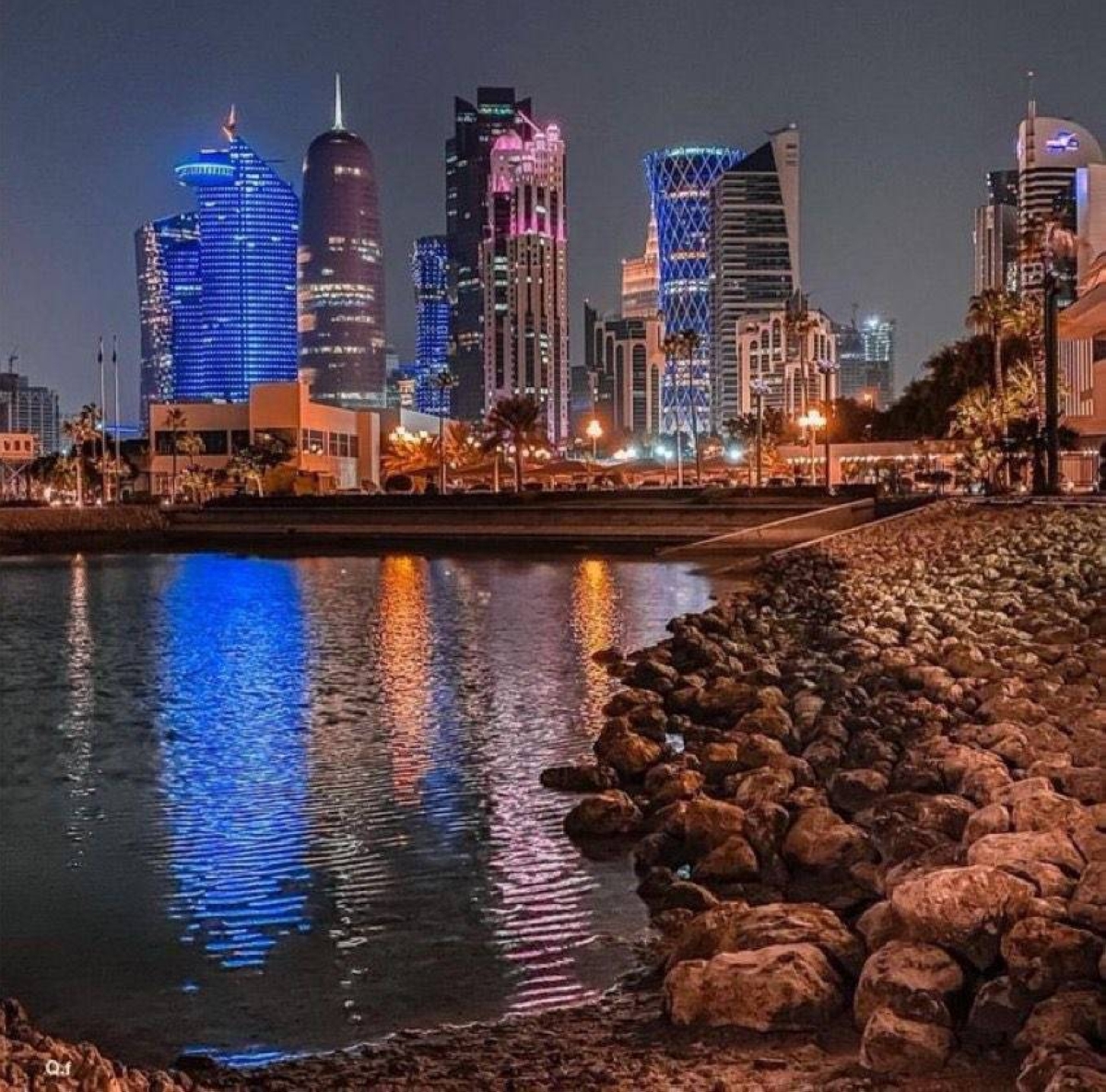The US-Qatar Business Council (USQBC) will continue to play an important role in fostering collaboration and trade between Qatar and the US, an official of the USQBC Doha Office stated in the wake of the third edition of the Qatar Economic Forum (QEF), Powered by Bloomberg.Sheikha Mayes bint Hamad al-Thani, USQBC Doha managing director, lauded the recently-concluded QEF 2023, saying the forum can serve as a catalyst for further strengthening the council’s efforts to enhance Qatar-US economic ties.She said potential developments expected after the forum may include increased networking opportunities, organising more frequent trade missions and delegations with a focus on selected sectors or regions of interest, sharing of information, and collaborative initiatives.“The forum’s outcomes may facilitate an increase in networking opportunities provided by USQBC. Maintaining the momentum generated by the forum to organise more networking events, business matchmaking sessions, and targeted introductions between Qatari and American companies.“USQBC may expand the number of trade missions and delegations it organises. It is through these missions that companies can expand upon the discussions and connections made during the forum, allowing them to explore trade and investment opportunities in more structured and targeted ways,” Sheikha Mayes told Gulf Times in an exclusive interview.According to Sheikha Mayes, USQBC may increase its efforts to provide members with market insights, regulatory updates, and information specific to their industry. The forum’s discussions and expert inputs can contribute to a more comprehensive understanding of the business landscape in Qatar, which the council can share with its members. USQBC may collaborate with other organisations and industry associations to drive joint initiatives aimed at promoting collaboration and trade between Qatar and the US, she also said.Sheikha Mayes stressed that QEF would have a significant impact on the promotion of business and investment opportunities in Qatar at various levels by inviting global attention, building partnerships and facilitating networking, providing investors with a view of Qatar’s diverse investment opportunities, promoting economic diversification, sharing of knowledge and innovation, and increasing investor confidence.She emphasised that the forum would serve to attract international attention to Qatar by highlighting the country’s economic potential and its commitment to fostering a favourable business environment.By highlighting Qatar's strategic sectors, such as energy, finance, real estate, infrastructure, tourism, and technology, Sheikha Mayes said the forum attracts potential investors and encourages them to consider Qatar as an investment destination.“Qatar has actively pursued economic diversification, aiming to reduce its dependence on hydrocarbon revenues. The forum serves as a platform for communicating Qatar’s economic diversification initiatives, highlighting the government’s commitment to supporting non-oil sectors, and presenting emerging business opportunities. As a result, Qatar can attract investment in new sectors and contribute to its economic sustainability in the long run.“By hosting such an important international event, Qatar’s commitment to promoting a competitive business environment and developing transparency is evident. By increasing investor confidence in the country’s economy, regulations, and stability, more investments can be attracted and long-term partnerships can be fostered,” Sheikha Mayes stressed.On fostering business partnerships and joint ventures, Sheikha Mayes said QEF provides an opportunity for American businesses to explore possible partnerships and joint ventures with Qatari counterparts.“The Qatar Investment Authority (QIA) and Qatar’s robust financial sector and investment opportunities were highlighted at the forum. In addition, by highlighting the opportunities for American businesses to access capital and partners, as well as by investing in diverse portfolios, the forum may attract companies seeking financial assistance or investment opportunities,” she noted.Sheikha Mayes said USQBC will continue to work on matchmaking between Qatari and American businesses through targeted introductions and networking events, and to organise delegations and trade missions, including business events and forums, as well as facilitating information sharing and resources.

Peter Alagos
Peter Alagos reports on Business and general news for Gulf Times. He is a Kapampangan journalist with a writing career of almost 30 years. His photographs have been published in several books, including a book on the 1991 Mt. Pinatubo eruption launched by former Philippine president Fidel V. Ramos. Peter has also taught journalism in two universities.
Most Read Stories
3





